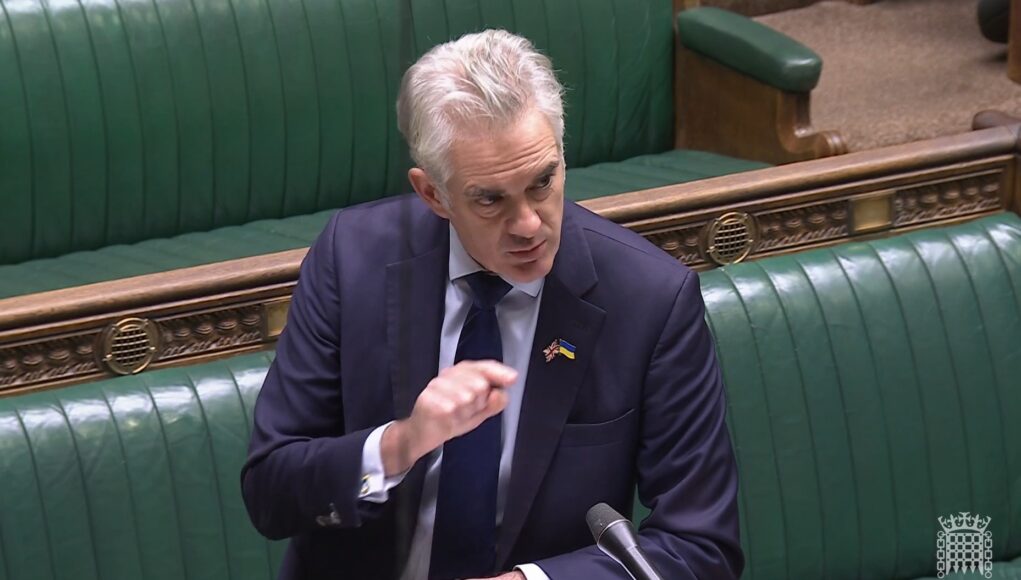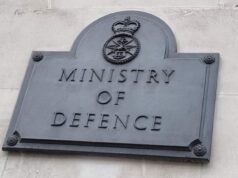Shadow Defence Secretary James Cartlidge used an urgent Commons question to challenge ministers over what he described as systemic delays in the government’s defence readiness programme.
His intervention placed the focus on preparedness, transparency and the pace of reform.
He opened by criticising the government for updating Parliament a full day after the Defence Secretary’s press conference, calling it “unacceptable that we are getting the minister’s update on a major national security incident 24 hours after the Secretary of State gave his press conference.”
He linked this to earlier complaints about the Strategic Defence Review’s rollout, arguing that “defence companies got a copy many hours before parliamentarians.”
Cartlidge characterised the laser illumination of an RAF P8 as “a serious escalation by Russian forces in close proximity to our homeland,” and asked what mitigations were being put in place against “the evolving laser threat involved.” But he used the incident to raise wider readiness concerns, pointing to the Defence Committee’s finding that the government is moving “at a glacial pace” on core reforms. He pressed ministers on the long-promised Defence Readiness Bill, asking “what year will the defence readiness bill become law?”
He also highlighted repeated delays to the Defence Investment Plan, which ministers had pledged to publish in the autumn, and said no clarity had been provided on capabilities needed to protect undersea cables and infrastructure. He added that the government now faced public criticism from former senior commanders, citing General Sir Michael Rose’s warning that legacy proposals risk damaging recruitment and morale in special forces.
Armed Forces Minister Al Carns defended the government’s approach, describing Russia as “the biggest threat the UK has faced in a generation” and pointing to increased defence spending, new investment in uncrewed systems and munitions, and planned legislative changes.














The empty seats speak volumes about how interested our politicians are about defence matters.
When missiles hit the UK, then perhaps they will attend…
With a bit of luck they’ll be sitting under the first one to hit !!
Words, words, words ? Words words words words words !
Her Majesty’s Loyal Opposition has a constitutional duty to challenge the Government of the Day but given that the procurement problems we face are their fault, it’s sticks in the craw to listen to their sanctimonious ramblings.
On defence matters (as with so many other things), the Tory Administrations of Cameron, May, Johnson, Truss and Sunak have, have in their collective stupid and doctrinaire arrogance, led us all to this parlous state.
I considered myself centre-right economically but it’s must now to be clear to everyone with half a brain that privatisation has been an absolute disaster. It’s turned out to be no more than licensed grift where returns to management and investors have skyrocketed but services to end-users have declined.
It has been a convenient fiction that the private sector is ALWAYS more efficient and effective than the public sector; but if that was true, we get the private sector to run our defence! Good day-to-day management is a much more important factor than simply who owns what assets. If
His words echoed around a empty room and the bean counters breathed a sigh of relief at the thought they may have to explain the lack of beans.